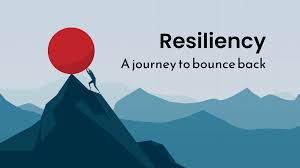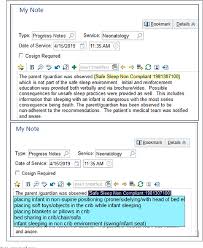The Power of Resiliency: Building Strength in the Face of Adversity
Resiliency is the ability to adapt and bounce back from life’s challenges, setbacks, and adversities. It is a crucial skill that helps individuals navigate through difficult times with grace and determination. In today’s fast-paced and unpredictable world, cultivating resiliency is more important than ever.
One of the key components of resiliency is having a positive mindset. Optimism, perseverance, and the belief that one can overcome obstacles are essential for building resilience. When faced with adversity, resilient individuals view challenges as opportunities for growth and learning rather than insurmountable barriers.
Another aspect of resiliency is developing strong coping mechanisms. This includes effective stress management techniques, healthy habits, social support networks, and problem-solving skills. By having these tools in place, individuals can better cope with stressors and setbacks that come their way.
Resilient people also possess emotional intelligence, allowing them to understand and manage their emotions effectively. They are able to regulate their feelings, stay calm under pressure, and communicate assertively when facing challenges. This emotional strength helps them navigate through tough situations with composure and clarity.
Building resiliency is a lifelong journey that requires practice, self-reflection, and continuous growth. Through mindfulness practices, therapy, coaching, or self-help resources, individuals can strengthen their resilience muscles and develop a robust mindset to face whatever life throws at them.
In conclusion, resiliency is a powerful trait that empowers individuals to thrive in the face of adversity. By cultivating a positive mindset, developing strong coping mechanisms, and enhancing emotional intelligence, anyone can build resilience and emerge stronger from life’s challenges.
Understanding Resiliency: Common Questions Answered
- Is the correct word resilience or resiliency?
- How to be a resilient person?
- What is the true meaning of resiliency?
- What does being resilient mean?
Is the correct word resilience or resiliency?
The correct term to use is “resilience.” While both “resilience” and “resiliency” are technically correct and can be used interchangeably in some contexts, “resilience” is more commonly preferred and widely accepted in American English. It is important to note that language usage can vary depending on regional preferences and individual writing styles, but for consistency and clarity, it is recommended to stick with the term “resilience” when discussing the ability to bounce back from adversity.
How to be a resilient person?
To become a resilient person, it is essential to cultivate a positive mindset, develop strong coping mechanisms, and enhance emotional intelligence. Building resilience involves embracing challenges as opportunities for growth, maintaining optimism in the face of adversity, and believing in one’s ability to overcome obstacles. Practicing self-care, seeking social support, and learning effective stress management techniques are also key components of resilience. By fostering these qualities and skills, individuals can navigate through difficult times with strength, adaptability, and determination.
What is the true meaning of resiliency?
The true meaning of resiliency lies in one’s ability to adapt, bounce back, and thrive in the face of adversity. It is not just about withstanding challenges but also about learning and growing from them. Resiliency involves having a positive mindset, strong coping mechanisms, emotional intelligence, and the willingness to persevere through difficult times. It is about embracing setbacks as opportunities for personal development and transformation, ultimately emerging stronger and more resilient than before.
What does being resilient mean?
Being resilient means having the ability to adapt and bounce back from adversity, challenges, and setbacks. It involves maintaining a positive mindset, perseverance, and the belief that one can overcome obstacles. Resilient individuals view difficult situations as opportunities for growth and learning rather than insurmountable barriers. They possess strong coping mechanisms, emotional intelligence, and effective stress management skills that help them navigate through tough times with grace and determination. Overall, being resilient means facing life’s challenges with resilience, courage, and a willingness to grow stronger from the experience.




